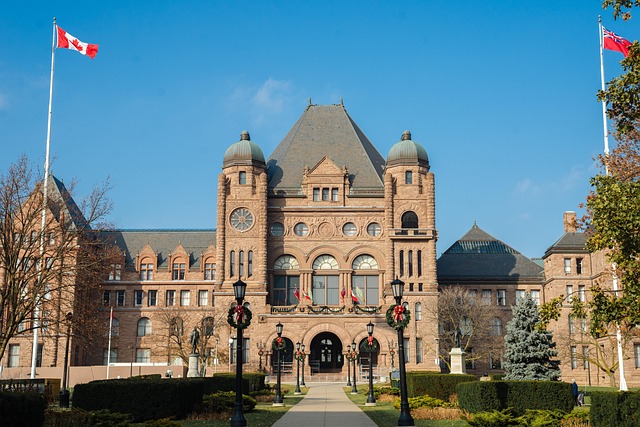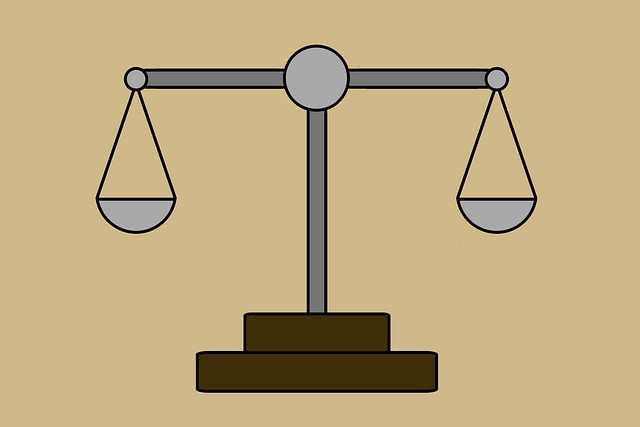Fraudulent financial practices, including accounting manipulation and Ponzi schemes, pose significant risks to individuals and businesses. Understanding common schemes like falsified financial statements and strawman accounts is crucial for protection. Engaging specialists in forensic accounting and financial investigations helps achieve accountability and recover from potential losses. Environmental Regulation Violations, with their complex economic impacts, require specialized Legal Assistance for Environmental Regulation Violations. A strong legal framework involving white-collar defense experts is vital for effective enforcement, deterrence, and fair trials. Businesses should adopt a multi-faceted approach including internal controls, regular audits, education, open communication, swift action upon detection, and engaging specialists to combat fraud and mitigate damage.
Fraudulent financial practices, a pervasive global issue, can cripple economies and erode public trust. This article delves into the intricate world of financial fraud, exploring its various facets from common schemes to unique angles like environmental regulation violations. We dissect the legal framework designed to combat these misdeeds, emphasizing the crucial role of legal assistance in environmental cases. Furthermore, it provides strategic insights for businesses on prevention and effective response measures, including leveraging Legal Assistance for Environmental Regulation Violations.
- Understanding Fraudulent Financial Practices: Definition and Common Schemes
- Environmental Regulation Violations: A Unique Angle to Financial Fraud
- Legal Framework for Addressing Financial Misdeeds
- The Role of Legal Assistance in Environmental Cases
- Strategies for Businesses: Prevention and Response Measures
Understanding Fraudulent Financial Practices: Definition and Common Schemes

Fraudulent financial practices refer to any deliberate act or omission intended to deceive or mislead others for personal gain. This can take various forms, from accounting manipulation and false reporting to Ponzi schemes and investment fraud. Understanding these practices is crucial in recognizing potential threats and safeguarding one’s financial interests. By identifying common schemes, individuals and businesses alike can better protect themselves and seek Legal Assistance for Environmental Regulation Violations when necessary.
One prevalent scheme involves falsifying financial statements to distort a company’s financial health, attracting investors with misleading information. Another common tactic is the use of strawman accounts or shell corporations to hide assets or launder money. These fraudulent activities can have severe consequences, leading to legal repercussions, loss of investor trust, and even bankruptcy. Given the complexity of these matters, engaging corporate and individual clients who specialize in forensic accounting and financial investigations is often essential in achieving extraordinary results and ensuring accountability.
Environmental Regulation Violations: A Unique Angle to Financial Fraud

Environmental Regulation Violations present a unique twist in the world of financial fraud, often serving as a gateway to more insidious white-collar and economic crimes. Beyond the immediate environmental impact, these violations can have profound economic consequences for businesses and individuals alike. Companies found guilty of breaking environmental laws face not only hefty fines but also potential reputational damage that can stifle growth and investment opportunities. This angle adds a layer of complexity to financial fraud cases, requiring legal assistance tailored to address both the environmental and criminal aspects.
The intricacies involved in navigating Legal Assistance for Environmental Regulation Violations demand specialized knowledge, particularly in the realm of white-collar defense. Lawyers specializing in this area must possess a deep understanding of environmental regulations and their economic implications to craft effective strategies for corporate and individual clients facing these charges. By merging legal expertise with an awareness of the unique challenges posed by environmental violations, these professionals can provide robust defenses and mitigate potential long-term consequences.
Legal Framework for Addressing Financial Misdeeds

When it comes to addressing fraudulent financial practices, a robust legal framework is paramount. This includes comprehensive laws and regulations designed to deter, detect, and penalize malicious behavior. Environmental regulation violations, for instance, often involve complex financial schemes, necessitating specialized Legal Assistance for Environmental Regulation Violations. The process begins with meticulous investigations covering all stages of the investigative and enforcement process, where evidence is gathered and analyzed.
This legal framework also supports robust white collar defense mechanisms, ensuring due process for those accused while aiming to avoid indictment. By balancing punishment with a fair trial, the system strives to foster integrity in financial dealings, deterring future misconduct. Effective enforcement relies on collaboration between regulatory bodies, law enforcement agencies, and prosecutors, leveraging their respective expertise throughout all stages of the investigative and enforcement process.
The Role of Legal Assistance in Environmental Cases

In cases of fraudulent financial practices, especially those involving environmental regulation violations, Legal Assistance for Environmental Regulation Violations plays a pivotal role. With the complexity and technical nature of environmental laws, legal experts specializing in this field are crucial. They help individuals and organizations navigate the intricate web of regulations, ensuring compliance and providing strategic guidance to avoid potential pitfalls. These specialists can offer white collar defense strategies tailored to specific cases, aiming to protect clients while upholding the law.
By engaging Legal Assistance for Environmental Regulation Violations, individuals and entities can benefit from expert advice on minimizing risks, drafting legal documents, and representing their interests in court. This proactive approach not only helps in avoiding indictment but also fosters a culture of environmental stewardship within the philanthropic and political communities. It encourages businesses to adopt sustainable practices while ensuring they remain compliant with regulatory frameworks.
Strategies for Businesses: Prevention and Response Measures

To prevent and respond to fraudulent financial practices, businesses must adopt a multi-layered strategy. Firstly, implementing robust internal controls and regular audits can help identify potential vulnerabilities. Additionally, training employees on ethical financial practices and maintaining open lines of communication can foster a culture of integrity.
In the event of a fraud incident, swift action is crucial. Businesses should immediately report suspicious activities to relevant authorities and seek legal assistance for environmental regulation violations or other related issues. Engaging experienced professionals in white-collar and economic crimes can help navigate complex legal landscapes and aim for the complete dismissal of all charges, thereby minimizing damage and restoring trust.
In addressing fraudulent financial practices, understanding common schemes and unique angles like environmental regulation violations is key. The legal framework available offers a robust toolset to combat these misdeeds, with legal assistance playing a pivotal role in environmental cases. Businesses must adopt proactive strategies for prevention and swift response measures to mitigate risks effectively. By leveraging the right resources and knowledge, we can ensure a more transparent and secure financial landscape, where Legal Assistance for Environmental Regulation Violations is a critical component in holding offenders accountable.






